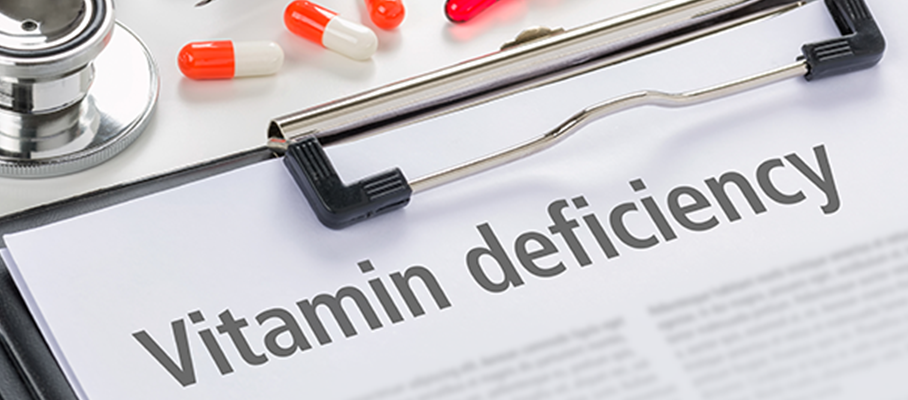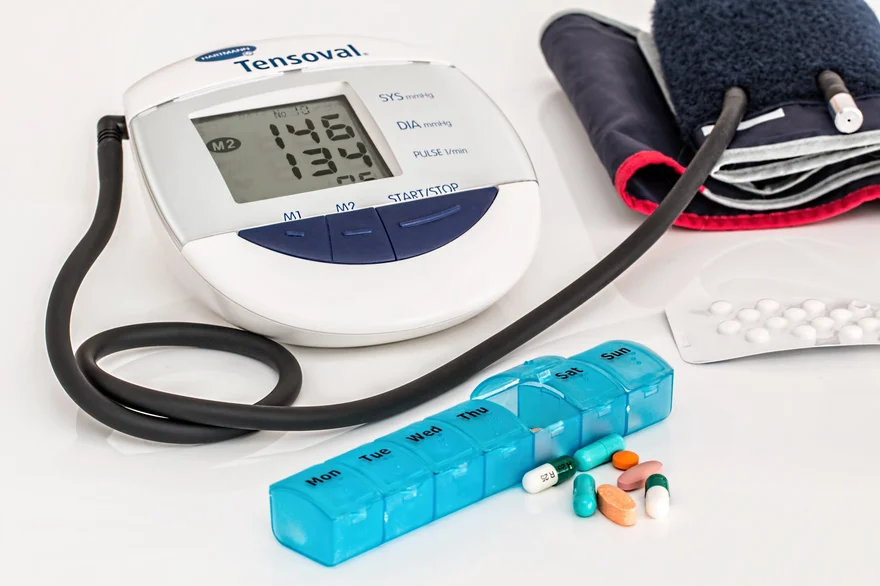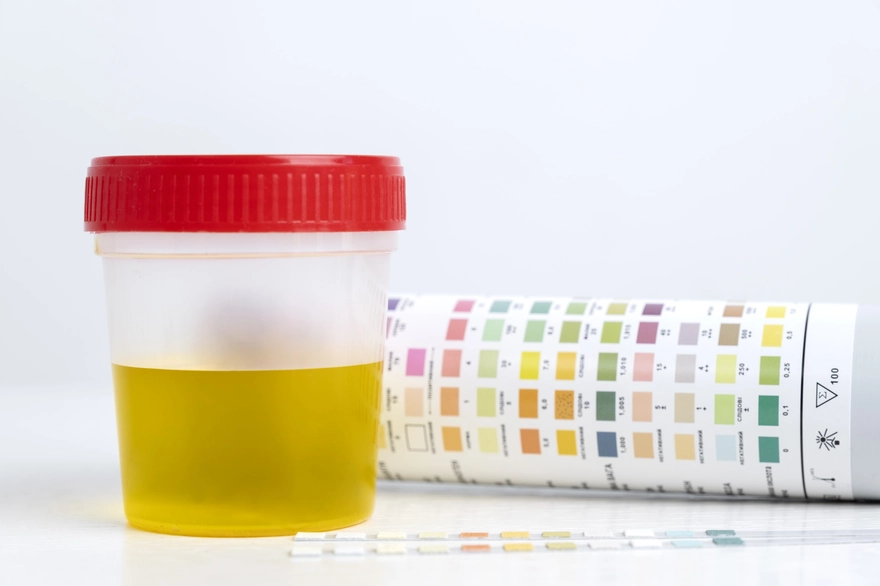Nutrition
7 out of every 10 Indians are Vitamin deficient: Metropolis Study
7690 Views
0

Pan India study of 14,96,683 samples reveals alarming statistics
Metropolis Healthcare – a multinational chain of diagnostic centres conducted an inclusive study on Vitamin D, Vitamin B12 and Vitamin B9 (Folic Acid) to observe the deficiency and sufficiency of Vitamins within the inhabitants across India. Metropolis conducted a comprehensive pan India study on 14,96,683 samples over a period of 3 years. The increasing trend of Vitamin deficiency is seen in all the age groups. Among the samples tested across 4 zones viz, North, South, East, West 75% of population has shown alarming levels of deficiency.
Commenting on the study Dr.SonaliKolte, General Manager, MedicoMarketing said, “Indians have a lethargic attitude towards Vitamins. Vitamin deficiencies usually develop slowly over several months to years Symptoms of Vitamin D deficiency are usually vague muscle/joint pain, weakness, bone pain, tiredness, fatigue or even depression. Nowadays it is observed that people who are deficient in Vitamin D are more likely to have diabetes, regardless of how much they weigh. Early diagnosis and treatment can help control the symptoms and prevent health related problems.”
The Study
In an analysis of over 14, 96,683 patients who underwent Vitamin tests, the following trends emerged.
- 81.28% of all samples tested were deficient in Vitamin D
- 21.02% of all samples tested were deficient in Vitamin B12
- 15.06% of all samples tested were deficient in Vitamin B9
Gender wise patterns emerged as below
Age wise deficiency patterns emerged as below for the range of Vitamins
Vitamin D: It has been a general belief that vitamin D deficiency is uncommon in India because of abundant sunshine. There is, however, now increasing evidence that this is not true. Vitamin D deficiency has reached epidemic proportions in India despite ample sunshine.Vitamin D is unique because it is a vitamin synthesized by the body and it functions as a hormone.
Vitamin D is important for good overall health and strong and healthy bones. It’s also an important factor in making sure your muscles, heart, lungs and brain work well and that your body can fight infection. Your body can make its own vitamin D from sunlight. You can also get vitamin D from supplements and a very small amount comes from a few foods you eat. They are vital for everyone and ensure that your body works well and is able to fight illness and heal well. Vitamin D manages calcium in your blood, bones and gut and helps cells all over your body to communicate properly.
Most common reason to have deficient levels of vitamin D due to limited sunshine exposure
Studies suggest it may even help ease fibromyalgia pain and slow the progression of multiple sclerosis.It has also been linked to the various serious health conditions such as dementia, Alzheimer’s disease, prostate cancer, erectile dysfunction and mental disorder such as Schizophrenia
Vitamin B12 regulates the functions of the brain and nervous system. It also plays an important role in the formation of blood.Some of the common symptoms of vitamin B12 deficiency are weakness, apathy, memory loss, acidity, loss of weight, nausea and vomiting, anemia, mental confusion, delusions, paranoia, respiratory symptoms, hives and other symptoms of allergy. A long-term deficiency can lead to heart attacks or stroke . The important sources of Vitamin B12 are mostly animal products like meat, fish, poultry, eggs and also dairy items. Pure vegetarian diet may result in Vitamin B12 deficiency which is becoming common amongst Indians.Vitamin B12 is also used to treat memory loss; Alzheimer’s disease; boosting mood, energy, concentration and the immune system; and slowing aging. Vitamin B12 also helps our bodies absorb folic acid, which facilitates the release of energy.The risk of B12 deficiency increases along with your age.Elderly people with low-vitamin B12 are more likely to suffer from brain shrinkage and cognitive decline.
Vitamin B9, more commonly known as folate or folic acid, is a water-soluble vitamin that is part of the B vitamin family. Vitamin B9 (folic acid) is vital for several bodily functions, such as synthesis of DNA, RNA and to repairaiding rapid cell division and growth, to produce healthy red blood cells. It is important for pregnant women to have enough folic acid to prevent major birth defects of her baby’s brain or spine (neural tube defects, including spina bifida and anencephaly). It enhances brain health, folic acid supplementation may improve memory.
Vitamins Deficiency is prevalent across India. Our pan India study also indicated that the majority of the study participants had limited knowledge, poor practices, and an ignorant attitude towards vitamin sufficiency. Clear messages are needed about risks and benefits of vitamins. If you’re unsure if you’re getting an adequate amount of vitamins, consult with your doctor.























 WhatsApp
WhatsApp